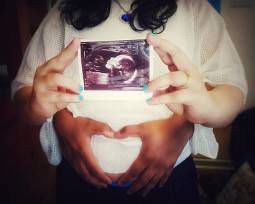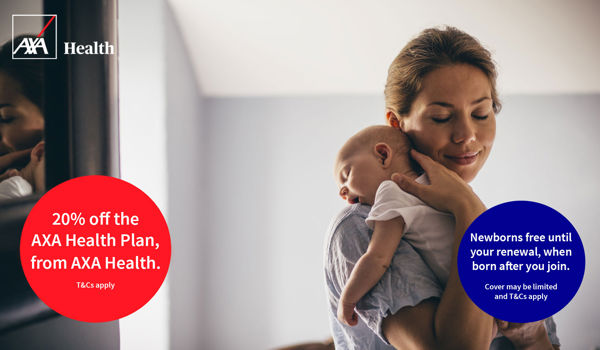Parenthood is a wonderful journey to embark upon, but deciding to take the plunge can at times be unnerving. Having a child changes life in more than one way and experiencing it is probably the only way of knowing fully the extent. However, planning parenthood definitely improves the outcome & ensures that the journey towards the bump is with lesser bumps. Pre-conceptional health check-ups are designed to guide a couple and answer all their queries, thereby work as a blueprint for them. These visits encourage the couple to bounce off ideas with a professional and aim to put them at ease before taking a life-changing decision. Preparedness is usually a key to success and this is the motive behind the pre-conceptional visit. Following are the various aspects that are touched up on during a visit:
1) Ensuring that the woman is healthy & fit to carry a pregnancy. The general health of a woman impacts pregnancy outcome to a large extent; hence it is of paramount importance to rule out any health conditions that may hamper pregnancy. Although deciding when to have a baby is completely up to the couple, this could be an opportunity to make them aware of the risks of pregnancy at extremes of ages. Both teenage pregnancy and pregnancy in women older than 40 years of age, fall into the high-risk pregnancy category, requiring closer observation and care under a specialist.

2) In women who already suffer from health issues optimization of their treatment, making sure the medications they are on are safe to conceive with, changing them if required & reducing their severity & thus their effect on pregnancy.
3) Counselling women with very serious health conditions (eg certain heart diseases) that a pregnancy could threaten their life & discussing other options of parenthood like surrogacy/ adoption.
4) Assessing a couple's likely time to conceive & advising appropriate follow-up visits, it means in a woman who is 35 years & beyond if there's no conception after trying for 6 months they are asked to review / or earlier if they are very eager. Whereas a younger woman is given maximum 1 year of trying on their own before evaluation. Similarly recognising women with gynaecological disorders that may interfere with fertility ( eg PCOS / endometriosis) and counselling regarding need for earlier intervention.
5) Starting preconceptional folic acid for 3 months prior to conception is imperative, because it is essential for the development of the baby's nervous system, which develops by the time the pregnancy is detectable, therefore starting folic acid after diagnosis of pregnancy is less useful that preconceptional.
6) Educating the couple regarding healthy sex life and appropriate frequency of sex (2-3 times per week) to improves their chances. In couples who want to delay conception, it's an ideal time to discuss contraceptive options too.
7) It's seen that women with extremes of weight tend to have poor fertility or untoward pregnancy outcomes. Hence, it's a time to chart out a diet plan & lifestyle changes to ensure optimization of weight before pregnancy. Nutritional deficiencies also can be dealt with so that women enter the pregnancy with a healthy baseline.
8) For women with smoking/ alcohol or drug addiction a chance of rehabilitation before conception can be introduced.
9) It's good practice for a doctor to not only ensure physical health but also discuss & ensure that the couple is in a normal mental state, are financially & socially ready to become parents. Having a child is a great responsibility & has multifaceted demands which the couple should be able to meet.
10) To make plans for couples that have unique situations like long-distance relationships, either partner suffering from cancer where option of fertility preservation must be discussed, couple with genetic disorders or AIDS where the multi-speciality approach is required.
11) In a same-sex partnership discussing the options of having a baby and offering psychological support goes a long way in making the experience smoother.
12) For women planning on having a big family discussing the ideal gap between children, contraception between births and avoiding unplanned pregnancies. Discussing modes of birth following caesarean delivery in the interpregnancy period can make it easier to make decisions later on.







